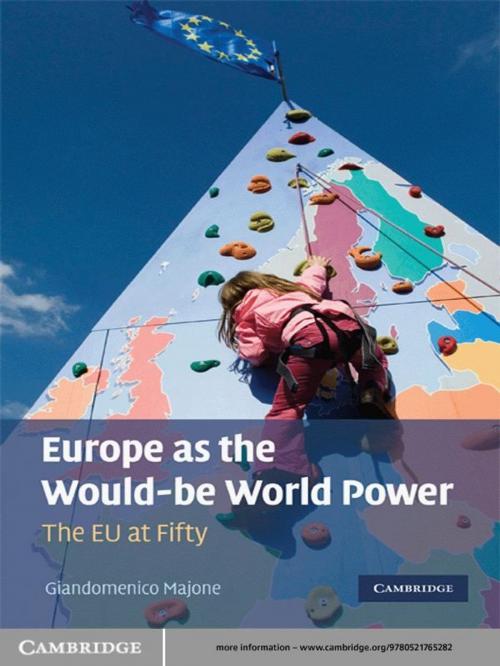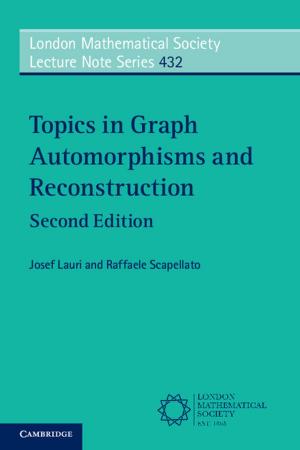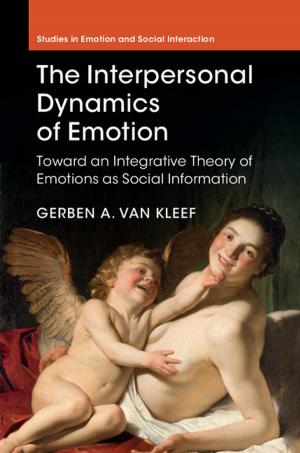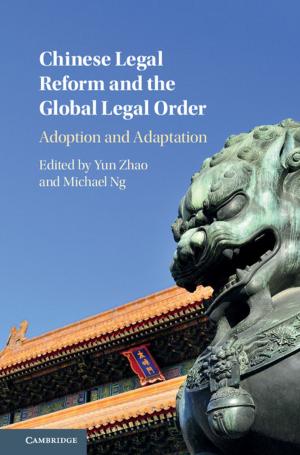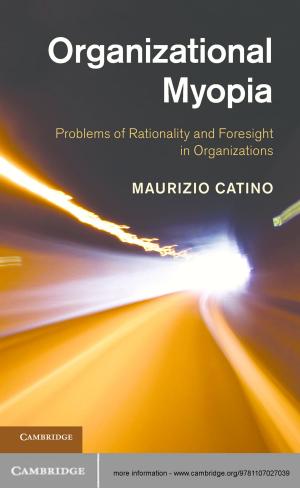Europe as the Would-be World Power
The EU at Fifty
Nonfiction, Reference & Language, Law, International, Social & Cultural Studies, Political Science| Author: | Giandomenico Majone | ISBN: | 9780511698750 |
| Publisher: | Cambridge University Press | Publication: | July 23, 2009 |
| Imprint: | Cambridge University Press | Language: | English |
| Author: | Giandomenico Majone |
| ISBN: | 9780511698750 |
| Publisher: | Cambridge University Press |
| Publication: | July 23, 2009 |
| Imprint: | Cambridge University Press |
| Language: | English |
For fifty years European integration has been pursued according to an operational code based on rules which have never been publicly discussed. This book demonstrates the far-reaching consequences of the prioritisation of integration over competing values, fait accompli and other implicit rules of action. The willingness to sacrifice democracy on the altar of integration is demonstrated by the monopoly of legislative initiative granted to the non-elected Commission. Monetary union preceding, rather than following, political integration is a striking example of fait accompli, and the reason behind many holes in the EU system of economic governance. Until now, academics have avoided radical criticism; Giandomenico Majone argues that only an open acknowledgement of the obsolescence of the traditional methods can stem the rising tide of Euro-scepticism.
For fifty years European integration has been pursued according to an operational code based on rules which have never been publicly discussed. This book demonstrates the far-reaching consequences of the prioritisation of integration over competing values, fait accompli and other implicit rules of action. The willingness to sacrifice democracy on the altar of integration is demonstrated by the monopoly of legislative initiative granted to the non-elected Commission. Monetary union preceding, rather than following, political integration is a striking example of fait accompli, and the reason behind many holes in the EU system of economic governance. Until now, academics have avoided radical criticism; Giandomenico Majone argues that only an open acknowledgement of the obsolescence of the traditional methods can stem the rising tide of Euro-scepticism.
